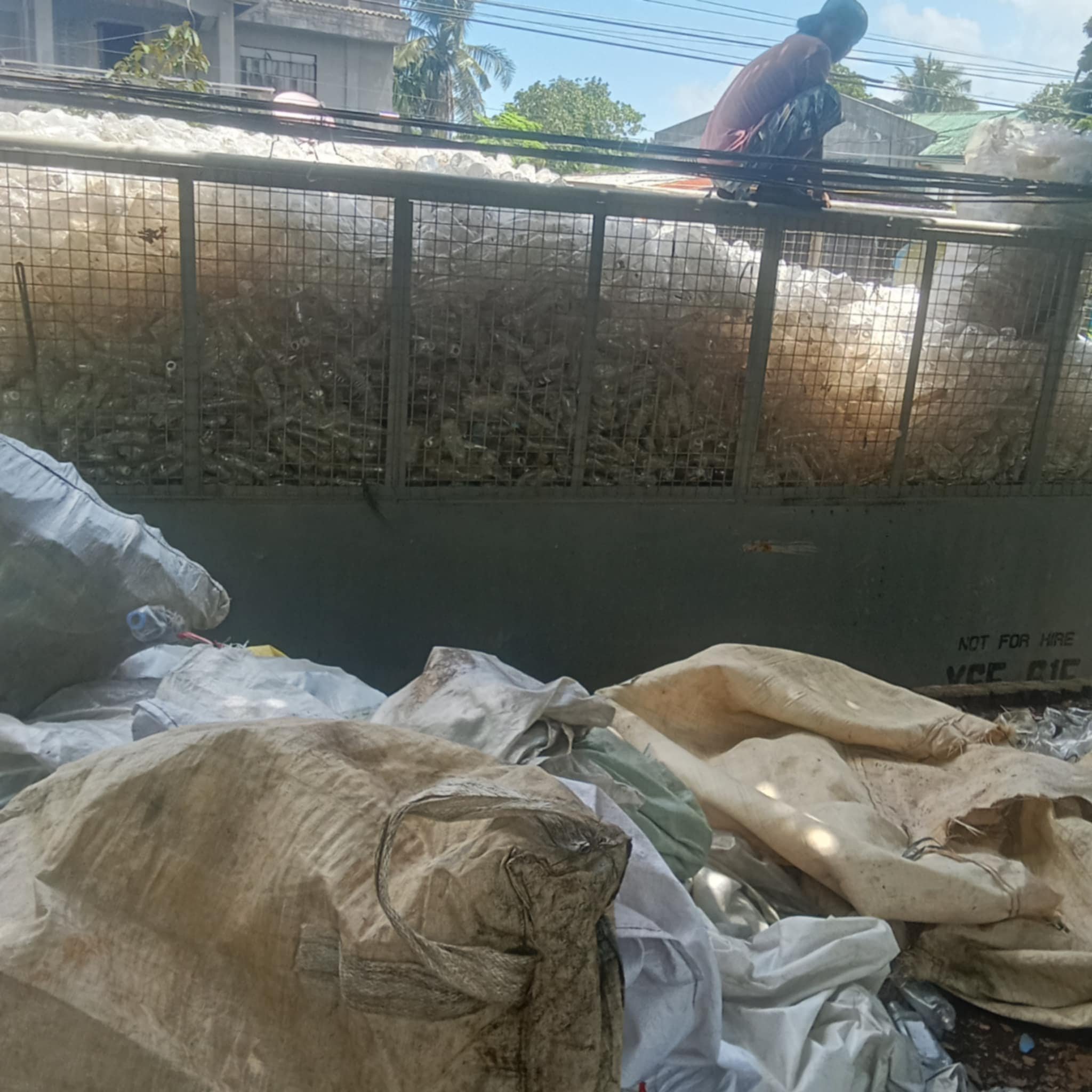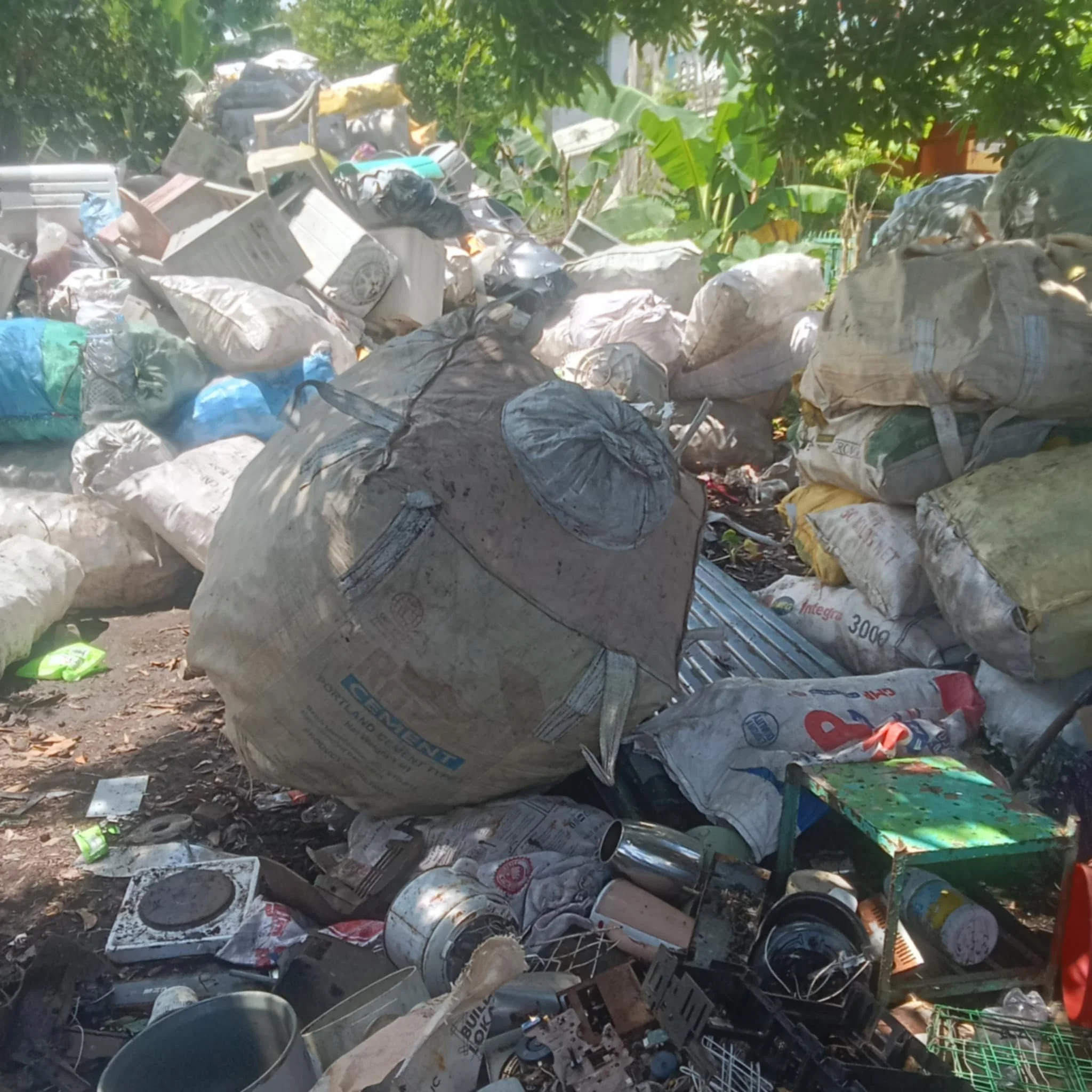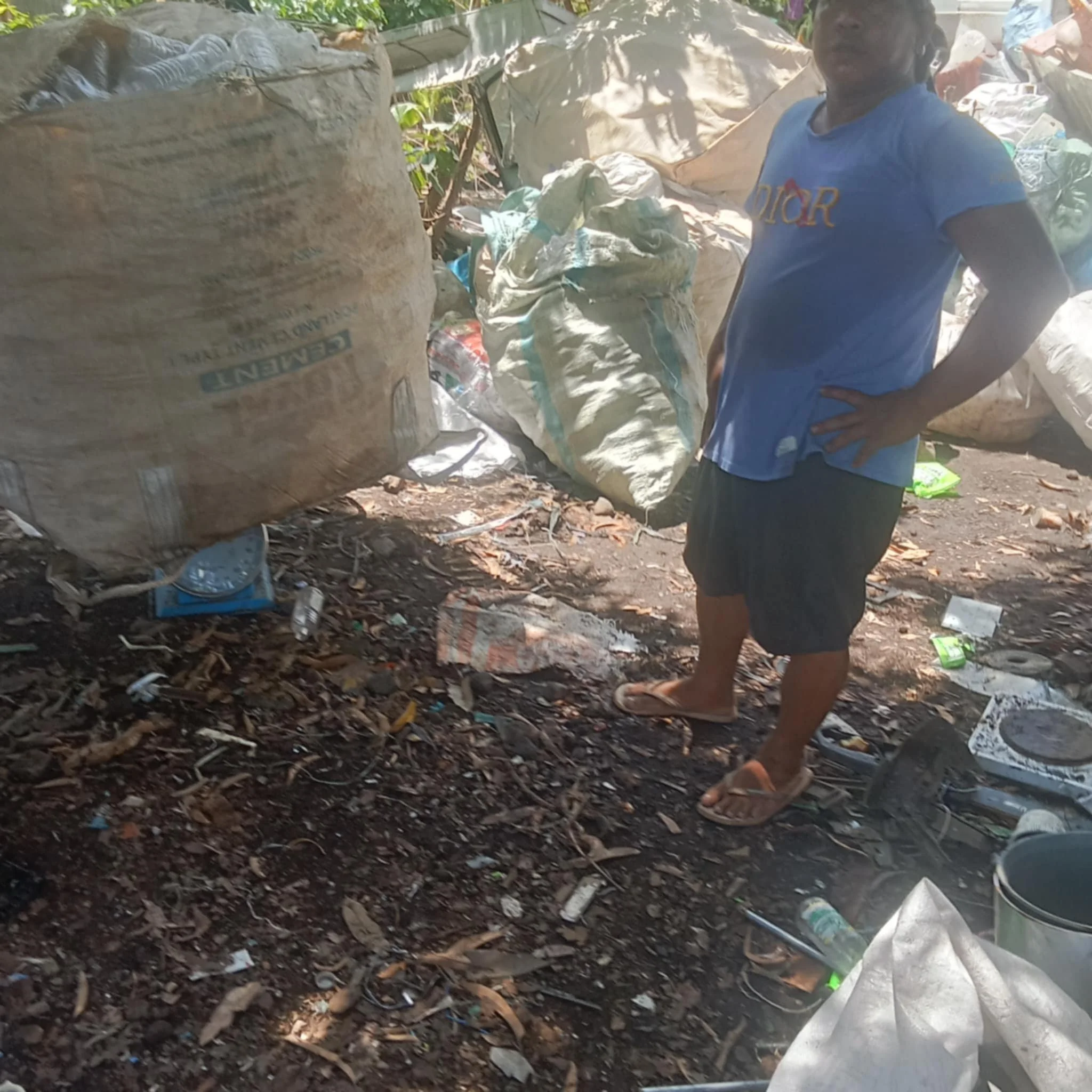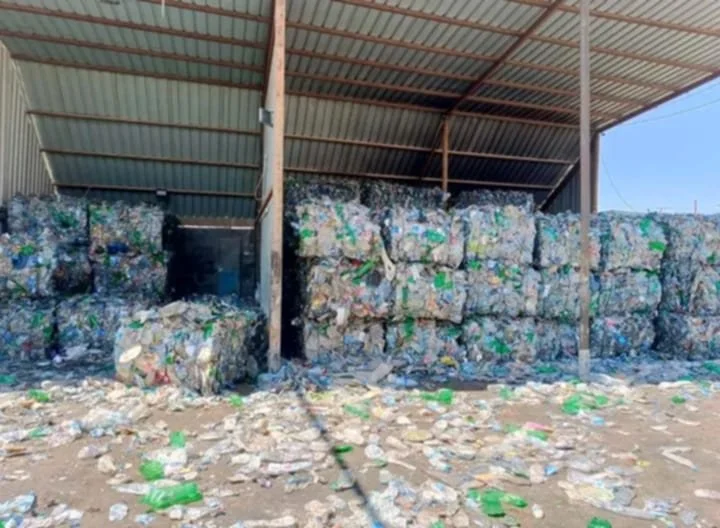PLASTIC COLLECTION
In Albay and the Philippines, faces a significant challenge with plastic waste management, but recycling plays a crucial role in mitigating its negative impacts and fostering a more sustainable future.we actively collect plastic bottles to address the pressing issue of plastic waste and promote a more sustainable environment.
“78% of the material value of the key plastic resins– upwards of US$890 million per year – is lost in the Philippines when recyclable plastic products are discarded rather than recycled into valuable materials.”
“The Philippines had a large recycling capacity gap of 85% in 2019 (compared to Malaysia and Thailand across all four resins) and is a net exporter of plastic scrap.”
WorldBank Market Study for Philippines:
Plastics Circularity Opportunities and Barriers

A staggering 2.7 million tons of plastic waste are generated in the Philippines each year, and an estimated 20 percent ends up in the ocean. The Philippines is the third-ranking contributor to plastic pollution in the world, with estimates ranging between 2.7 and 5.5 million metrics tons generated each year, 20% of which leaks into the environment,
The Philippines' Plastic Consumption
We actively collect and recycle plastic divert substantial amounts of waste from landfills. This reduces the strain on landfill capacity and minimizes the risk of harmful chemicals leaching into the soil and groundwater. Recycling plastic helps to prevent it from ending up in oceans and other natural environments, where it can break down into microplastics and harm marine life.
Environmentally, Discover how our efforts contribute to a cleaner, greener environment.
We play a critical role in plastic recycling by acting as essential collection points, efficiently gathering plastic waste from diverse sources such as households, businesses, and industrial sites.
We streamline the recycling process by sorting and processing this waste, separating it into different types and preparing it for further treatment. Crucially, our junkyards serve as a vital link in the supply chain, effectively connecting waste generators with recycling facilities, thereby facilitating the flow of materials necessary for a circular economy.



